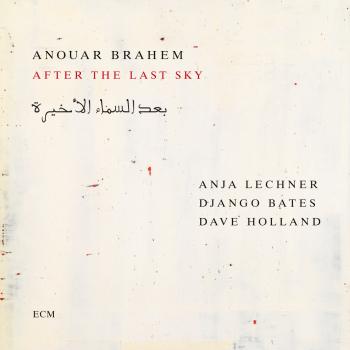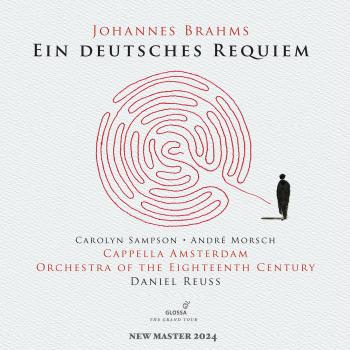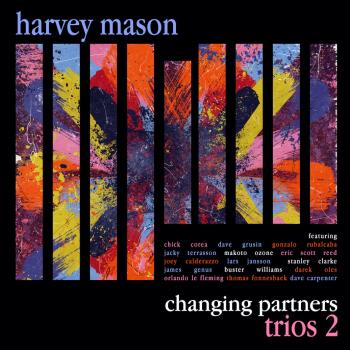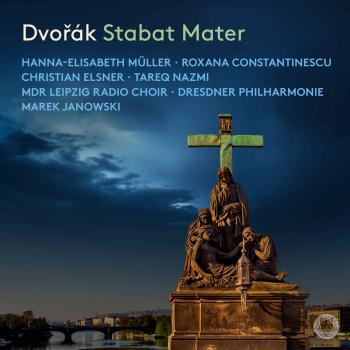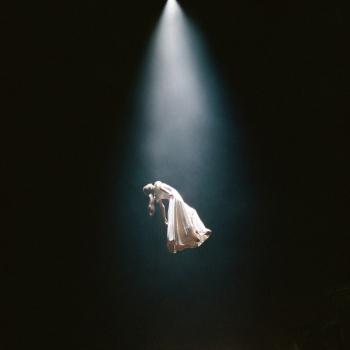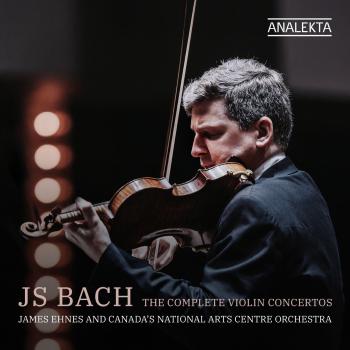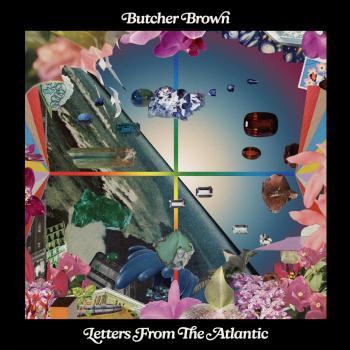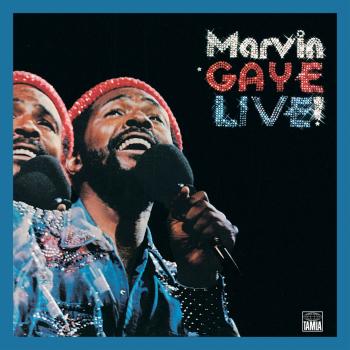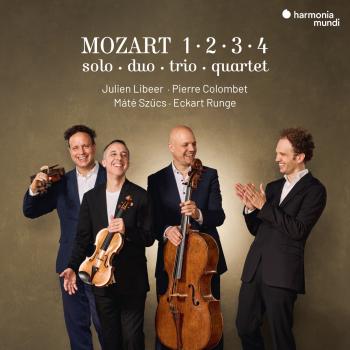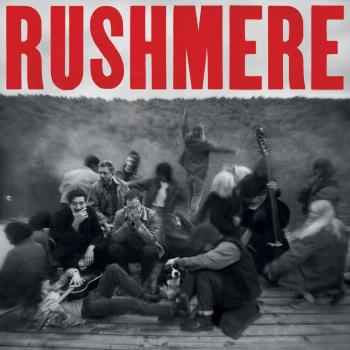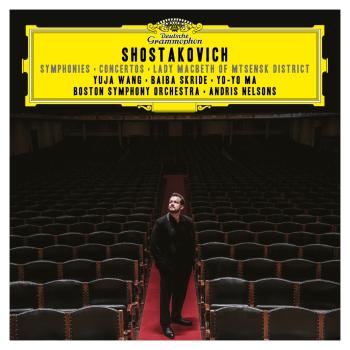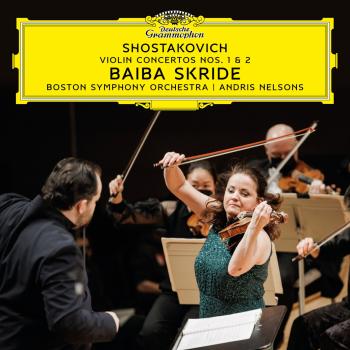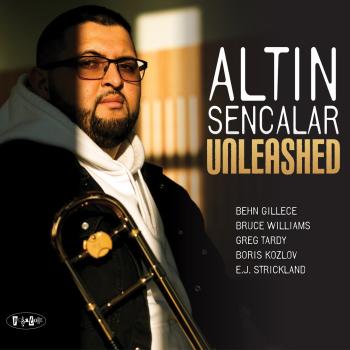
Burning River Melting Sea Ken Vandermark, Istvan Grencso, Robert Benko
Album Info
Album Veröffentlichung:
2021
HRA-Veröffentlichung:
08.03.2021
Label: Hunnia Records
Genre: Jazz
Subgenre: Contemporary Jazz
Interpret: Ken Vandermark, Istvan Grencso, Robert Benko
Das Album enthält Albumcover Booklet (PDF)
- 1 Extracted Color 03:11
- 2 How Good It Would Be 03:56
- 3 A Question Of Rate 02:25
- 4 Letters In Any Order 01:05
- 5 Rise Lonesome 05:15
- 6 Engarian-Hunglish 02:34
- 7 Woven Paper 03:28
- 8 Like A Jaguar Loves It’s Spots 05:21
- 9 Object 2020 03:49
- 10 2128 1⁄2 South Indiana Avenue 03:24
- 11 Ode To Women 04:36
- 12 Anagram or acronym 02:02
- 13 At A Table Of Togetherness 03:09
- 14 Triple Weaving 06:18
Info zu Burning River Melting Sea
As I write these words in Chicago during May of 2020 and look back on the week of activity in January that led to these recordings with István Grencsó and Róbert Benkő, it’s hard for me to comprehend that the tour scheduled at that time would most likely be the last series of concerts that I play in 2020. Without warning the world changed for everyone between those months, and it’s very hard to predict how things will look in the future, for music and for everything else.
My work with István began exactly two years earlier, when he invited me to collaborate with his ensemble, the Grencsó Collective. We both composed music for the project, performed in Hungary, and recorded the album Do Not Slam The Door for BMC Records. I learned a lot about improvised music in Hungary during that week, particularly the history connected to György Szabados. It was a great starting point, and I knew that there would be more work to do with István in the future. In March of 2019 my group Marker did a night of collaborative performances with musicians in Budapest, and István was an important part of that evening.
Then an invitation came from Mario Steidl, director of the Saalfelden Jazz Festival, for the Grencsó Collective to come with me as a guest to participate on the 3 Tage Jazz 2020, which would be held in the middle of January. It was clear to all of us that we should take advantage of this opportunity to arrange some additional shows, and Mario graciously agreed to enable this. In addition to that concert, and with the help of Benedek Kruchió, who has been central to the success of all the plans that have involved István and me, the Collective also played again in Hungary, at the BMC/Opus Jazz Club in Budapest and at the Grand Café in Szeged. A recording session and duo concert (which took place at Meseház, in Békéscsaba) were also scheduled. István and I composed new music for this project and rehearsed together in the gaps between the other performances.
The SuperSize Studio was located on the outskirts of Budapest, in Törökbálint, and both it and the sound engineers were excellent. We recorded all the new duo pieces and a series of trio improvisations that included Róbert Benkő on double bass; those were performed in front of an audience brought in by the label, Hunnia Records. Though it was a pleasure to return to the material that the Collective performed, working on the new compositions was really exhilarating and displayed how far the level of communication between István and me had come. Though our collaborations had been occasional over the two years since first meeting, the creative process we’ve shared has kept accelerating.
The evidence of that progress is documented on this album. Both the compositions and the improvisations, whether duo or trio, exhibit a depth of creative understanding that was impossible on our initial encounter. This communication transcended the music, and it transcended language as well. It’s in all we’ve shared as István and I view the world and encounter music together, laughing in the car as we drove from Saalfelden to Budapest with his band, across the Hungarian countryside, sitting in the bar outside of Meseház, eating lunch in his home with Benedek and Denise (István’s wife). This shared enthusiasm for music, art, and life is projected into plans we’ve made to put a quartet project together that would expand this new duo material. Originally the idea was to meet in the autumn of 2020. As I sit here now in Chicago, considering the landscape for concerts and touring as it may exist several months in the future, I am doubtful. But I do know this - István and I will get together again, we will bring this new ensemble on the road, and the music we make will be better than ever.
Ken Vandermark, tenor saxophone, Bb clarinet (right side)
István Grencsó, tenor & alto saxophones, Bb & bassclarinet, flute (left side)
Róbert Benkő, double bass
Ken Vandermark
Eyebrows were raised in the jazz world when it was announced that the relatively obscure and young Ken Vandermark was to receive a 1999 MacArthur "Genius" grant. Previous MacArthur recipients amongst jazz musicians included Cecil Taylor and Anthony Braxton - near- legendary figures who, over the course of long careers, created substantial bodies of work that have (to some degree) stood the test of time. Vandermark, just 35 at the time, was little-known outside of Chicago, and his music was not universally accepted to be as significant as musicians' like Taylor and Braxton. Whether or not he "deserved" such recognition at such a young age is subject to debate, but there's no question that Vandermark is a talented musician. His tenor sax and bass clarinet work is strong and expressive; his technique on all of his horns is as sure as can be, and his improvising and compositional styles are as intellectually engaging as they are original. Vandermark began playing trumpet in fourth grade and then switched to tenor sax as a junior in high school. He attended McGill University from 1982 to 1986. In 1986, he moved to Boston, where he led a trio called Lombard Street and studied bass clarinet. In 1989, he moved from Boston to Chicago, where he first attracted notice as a member of Hal Russell 's NRG Ensemble. His activities increased; he began leading several ensembles and became a mover and shaker, promoting and booking events with influential jazz critic John Corbett. His presence became a constant on the Chicago arts scene; he performs with a variety of bands, including the DKV Trio, Witches & Devils, the Vandermark 5, the Joe Harriot Project, and Steam. (Chris Kelsey AMG)
István Grencsó
Saxophonist and flautist István Grencsó is an outstanding figure in Hungarian avant-garde jazz.
His career started in 1979 with the founding of the Masina Jazz Group, but he became more widely known in the 1980s as György Szabados’s partner. In 1984 he formed Collective, which has been his main vehicle ever since. With this continually changing line-up he has released ten albums, amongst which the most important are Plays Monk (1996), Villa Negra (1997), Black Bread (1999), Seven Songs to the Last Mohicans (2000) and Dream Car (2003).
Grencsó’s repertoire is extremely varied, and as a composer he is considered the master of formal changes. “I always like to search for something exciting,” as he puts it. As well as experiments in improvised music he has arranged countless jazz standards, and regardless of current trends and fashions has played pop, rock, and ethno music. He also reinterpreted Hungarian dance music of the sixties, chansons, and composed a suite which veers towards classical music. He plays with Kampec Dolores, is a permanent member of the MAKUZ led by György Szabados and of the electronically inclined Budbudas. Recently he has also appeared several times with the Moroccan-rooted Gnawa Trio, his own neobeat group AMA, and has worked with the noise rock band Pozvakowski.
He has played in concerts and recorded with Paul Termos, Peter Kowald, Tobias Delius, Peter Brötzmann and the Noise Orchestra from Russia. His ars poetica, to think free of convention, is set out in the portrait film Szabad vagyok (I am free) made by Duna TV.
Róbert Benkő
Since the beginning of his career as bassist, Róbert Benkő adhered the most sensitive and most progressive improvised music trends. He was a member of the Dresch Quartet for years, played in György Szabados’ M.A.K.U.Z. formation, and in a lot of other bands. His current partner, Gergő Kováts has turned progressively to free jazz and free improvisation as a jazz music student in Budapest. As saxophone player and electronic experimenter, he is a stable member of the small but persistent and growing community of free music in Budapest.
Booklet für Burning River Melting Sea

